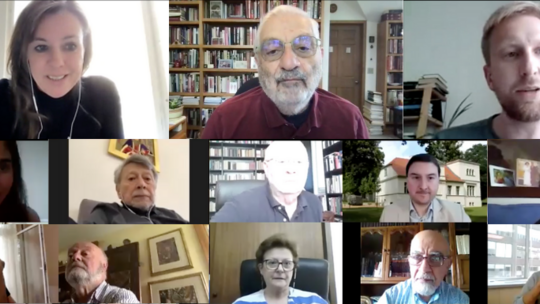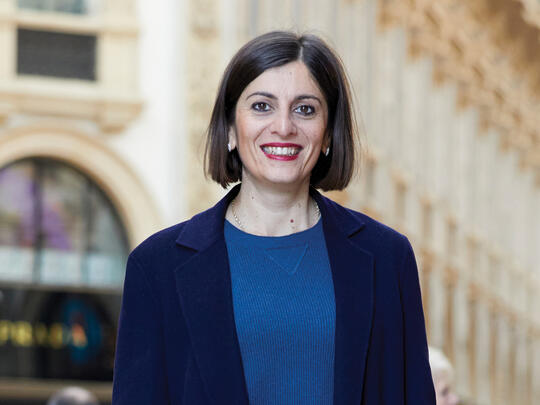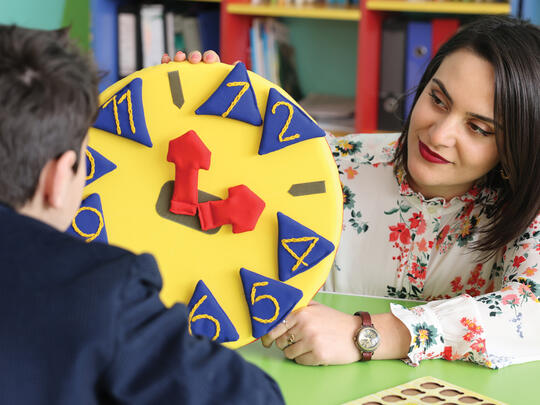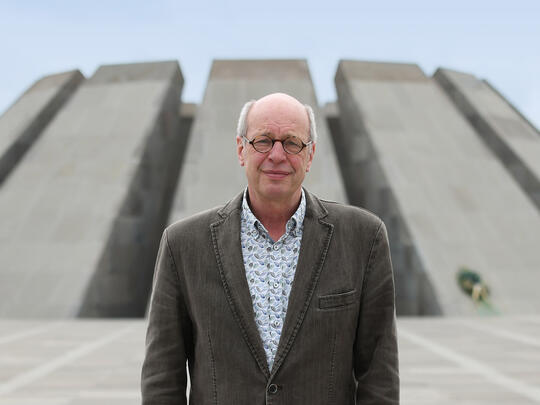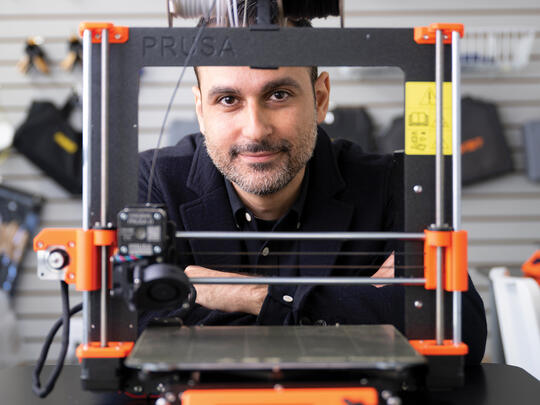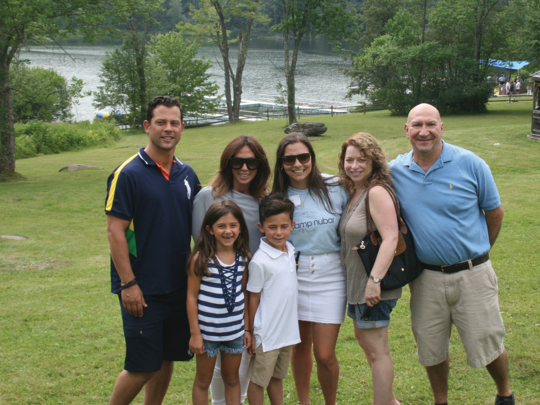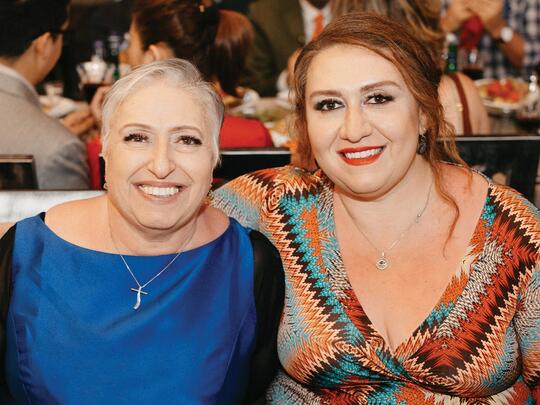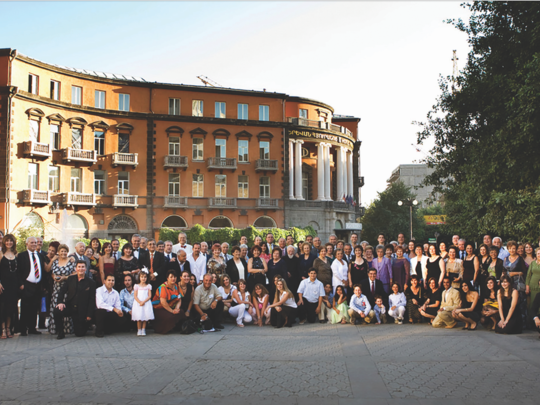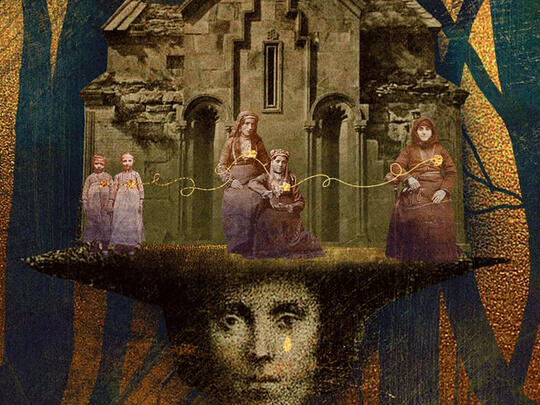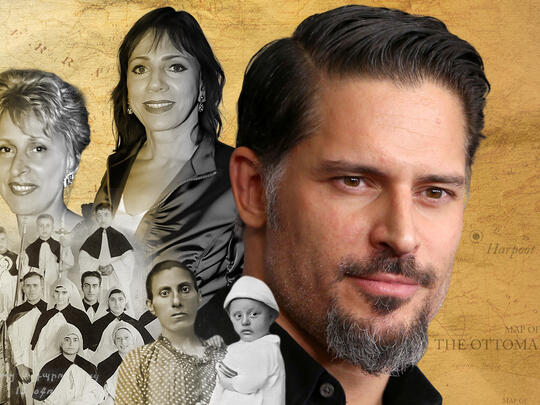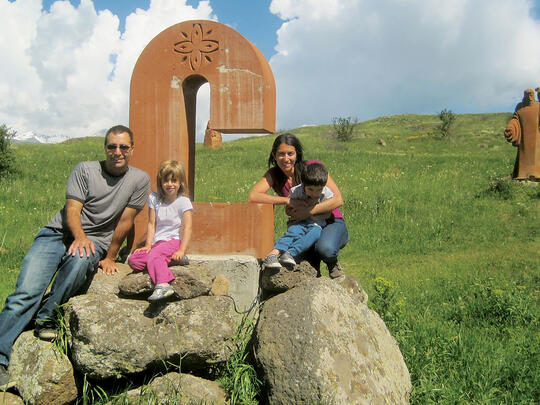
AGBU Lebanon Co-hosts a Lecture Series on the History of the Nagorno-Karabakh Conflict
In collaboration with the Lepsius Haus—Potsdam, a research center for Genocide Studies in Germany, the Armenian General Benevolent Union Lebanon (AGBU Lebanon) launched the first in a new lecture series focused on the conflict in Karabakh. The first panel discussion of the series, titled “Embattled Dreamlands: A History of the Nagorno-Karabakh Conflict”, revolved around how the memory of the past deeply affects the reality of the present.
The globally attended panel discussion took place on Friday, June 4, 2021, and was divided into two main discussions, moderated by Dr. Melanie Tanielian from the University of Michigan.
Arine Ghazarian, AGBU Lebanon’s Executive Director, and Dr. Roy Knocke, Lepsius Haus’ Deputy Director, welcomed the speakers and introduced the initiative.
The first speaker was Dr. Ronald Suny, Professor of History and Political Science at the University of Michigan. He evoked the history of the conflict between the Armenian and the Azerbaijani people going back to the era of the Soviet Union. He claimed that the fall of the Soviet Union led to the conflict erupting into violence and a full-scale war in the 1990s.
“The recent war in Karabakh, I would argue, is the latest casualty, of a troubled history of the Soviet Union, of its collapse, of the consequences of its nationality policy, and in a way, it is part of a continuing unraveling of the Soviet Union”, argued Dr. Suny.
The “burden of history” weighs on both nations, as both the Armenians and the Azerbaijanis are part of a “broader Caucasian civilization.”
In addition, the conflict between Armenians and Azerbaijanis reflect a conflict between the two competing principles in international law, those of national self-determination and territorial integrity. The principle of national self-determination favors the Armenians whereas the principle of territorial integrity favors the Azerbaijanis.
The second speaker was Dr. David Leupold, a Postdoctoral research fellow at Leibniz-Zentrum Moderner Orient. He discussed the memory politics of the conflict between the two peoples and how the painful memories from both sides affect how they perceive each other in the present.
“The Karabakh war was framed by both sides along two distinctly different psycho-temporal lines. To put it more concretely, Armenians and Azerbaijanis were fighting each other on the battlefield; but Armenians were fighting with the ghosts of a hundred years ago, and Azerbaijanis were facing the ghosts of the 1990s”, continued Dr. Leupold.
Dr. Leupold mentioned four domains of memory politics: narrating, silencing, mapping, and renaming. He stated that narrating the present through the past is always selective, and is built on silencing and the suppression of historical and political facts. Mapping borders and renaming villages, mountains, and rivers are also aspects of memory politics that enable the victor side to shape and change traces of their history.
After the discussion, a few minutes were dedicated for questions from the international audience of attendees.

